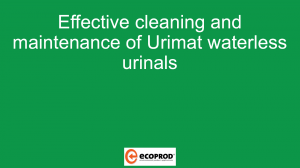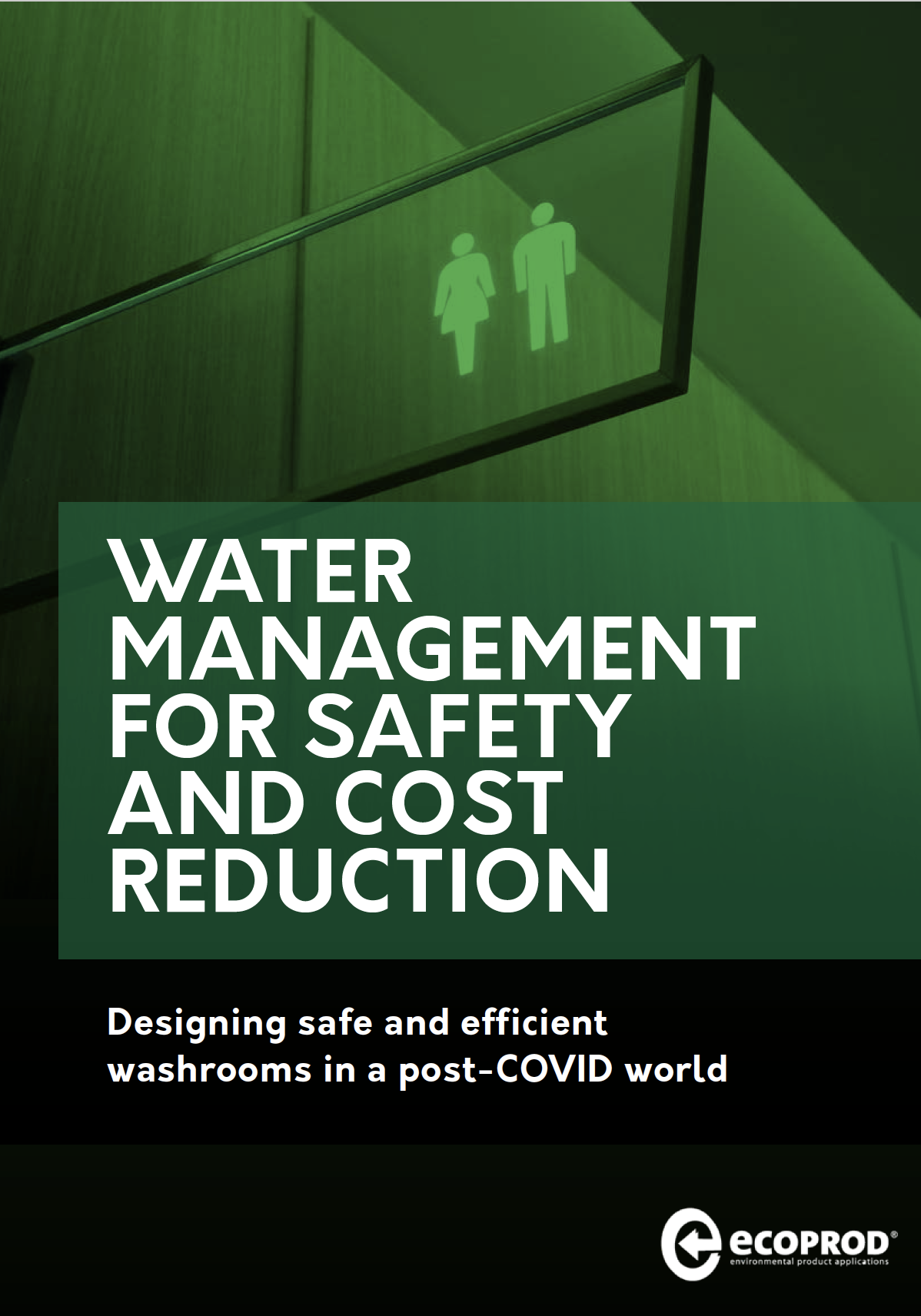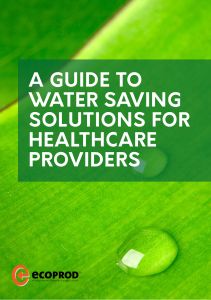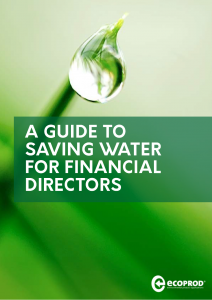The UK suffered a major drought in the summer of 2022 and is almost certainly heading towards another potentially bigger one in 2023. Much of continental Europe is already suffering from drought conditions and the National Drought Group raised the alarm in Autumn 2022 that the UK is almost certain to follow. This drought is likely to be more extreme than that of 2022 and, if that is the case, interruptions to supply are certain and businesses will be most affected. It is vital that businesses take this threat seriously and start implementing water efficiency measures now, as I’ll explain further in this article.
Why we’re heading for a serious drought this summer
When the National Drought Group met in Autumn 2022 it predicted that if the UK had a dry winter with 80% or less of long-term average rainfall levels then it would go into 2023 with depleted reservoirs and the ground water levels dangerously low. In fact rainfall levels over the winter have been 81% of the 1991-2020 average which means there is certain to be drought this summer, and if we have a dry spring that drought will be even worse.
On top of this, it looks as though temperatures are going to be higher this year than they were last year. This means that there is no chance for the groundwater levels to recover. Even if there is significant rainfall it won’t help at this point because the ground is too dry so any rain that falls will just run off the surface causing flash floods but not replenishing supplies at all.
This drought will lead to a lack of water supply
Ground water levels are generally low and many reservoirs have not refilled so that leaves rivers as the only source of water that water companies can take from. But rivers have their own problems. There are serious issues with the amount of sewerage in rivers. If the river levels are lower and the water companies take more water out then there’s going to be a higher sewage content in that water. The only other option that is available to water companies is to cut supply.
There are three core groups that water companies need to consider here – domestic customers, farmers and businesses. They have a statutory obligation to supply domestic customers. They are very unlikely to cut of farmers because that then interferes with food production, so the only option remaining is to reduce or cut supply to businesses. Water companies do not have a statutory obligation to supply businesses.
This reduction is supply could happen in several ways. One option is to reduce water pressure to businesses. It’s likely that this will be happening anyway because of there being less water in the network and so this alone will not solve the problem. Another option is to enforce a water usage rota or make water only available to businesses at certain times of the day. This will mean a ban on non-essential water usage which would include any outdoor irrigation, car washing and other similar activities. There could also be interruptions in supply.
All businesses will be affected by this
This will affect businesses no matter where they get their water from. Those who use boreholes need to think about how they will deal with bans on abstraction because of depleted aquifers. Those who use rainwater harvesting need to think about what they will do if there is not enough rain. Those whose water is supplied in the traditional way need to think about what they will do if their supply is cut off, as even temporary restrictions in supply have an immediate and significant impact on business.
Very few businesses have an effective water strategy that gives clear guidance on what they would do if they did not have any water. Businesses need to consider the seriousness of what a lack of water would mean in practice. If you have no water then you can’t flush your toilets at which point the local environmental health department will shut you down, whether you are a city bank or a small local newsagents, it makes no difference.
Preparation is vital
Water companies will be able to pick and choose to whom they supply, and they are likely to give preferential treatment to those businesses who have already begun to prepare and who can show that they already take water saving seriously. The 1991 Water Industry Act contains a whole section on leakage and wastage of water and gives water companies the right to cut businesses off if it thinks they are wasting water.
Businesses that have prepared themselves by enacting water efficiency measures are going to be best placed to manage the drought. A business is much more likely to maintain its water supply if it can show the water company that it has a track record of water saving measures such as installing low flow taps and showers, waterless urinals and other similar products as well as taking steps to reduce water wastage for example by installing leak detecting technology and smart water solutions.
Waiting until the supply is already limited and then thinking about installing water efficiency measures is going to be too late.













 For the last 8 years Robert Summer – Head of International Sales and Marketing – has developed structured distribution network worldwide for CONTI+ brand. The products offer great benefit for washrooms and shower rooms for public, semi-public and health sector. Today, sustainability, hygiene and smartness are key to CONTI+ solutions. Robert lives the brand and its USPs and loves to support and motivate his team on a daily basis.
For the last 8 years Robert Summer – Head of International Sales and Marketing – has developed structured distribution network worldwide for CONTI+ brand. The products offer great benefit for washrooms and shower rooms for public, semi-public and health sector. Today, sustainability, hygiene and smartness are key to CONTI+ solutions. Robert lives the brand and its USPs and loves to support and motivate his team on a daily basis.











Comments are closed.